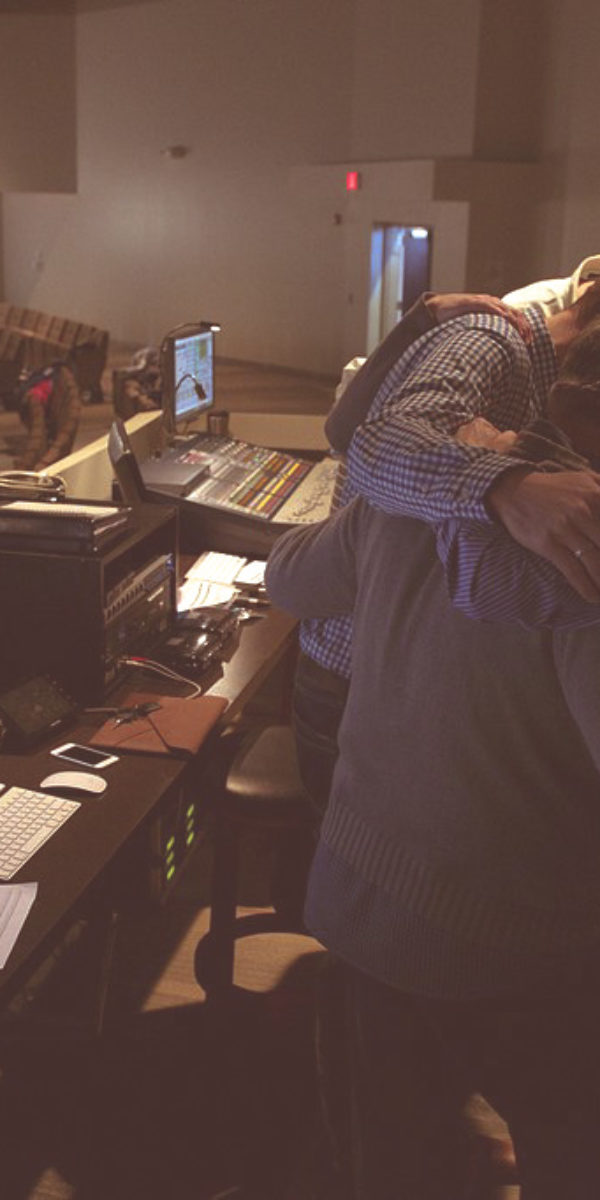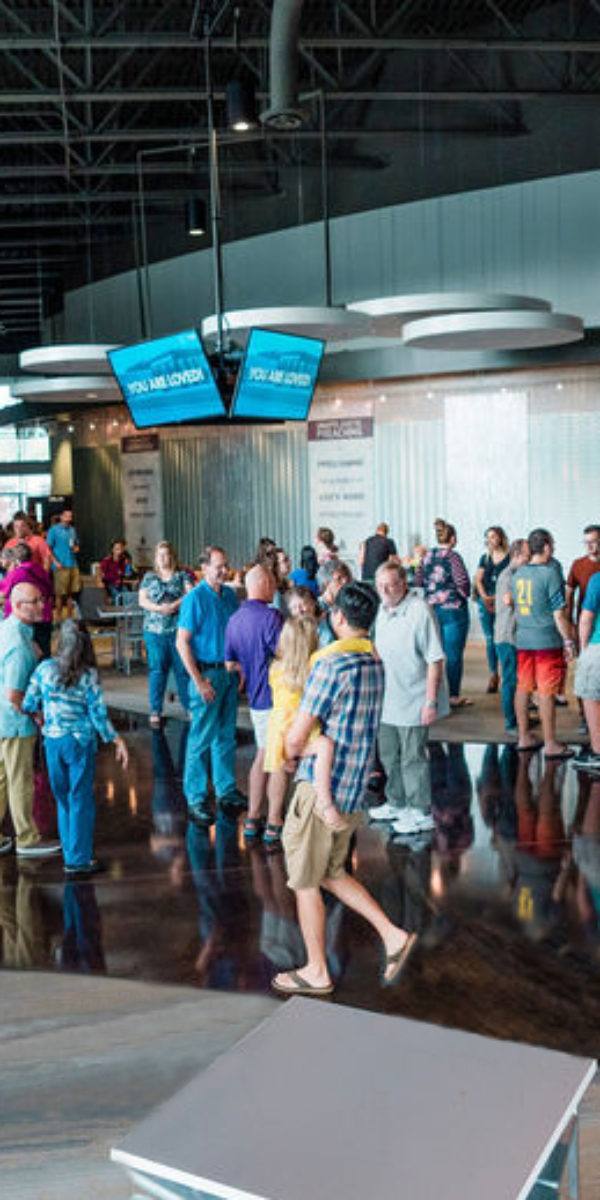
Show Mercy
Robbie Carter | 10.21.21
Responding to Suffering Around the World
Suffering never stops. These last few months have been no exception. Events in Afghanistan merely highlight this reality for millions of people around the world. Current statistics report that over 80 million people worldwide are forcibly displaced, and 26 million of them are considered refugees. While I am writing this, there are other terrible events like unrest in Myanmar, natural disasters displacing families and impacting economies and more conflicts than we can count between nations. With all of the suffering around the world, what can we do as Christians? Can we care for everyone? I believe the biblical question is…
Who is my neighbor?
That is the question a lawyer asks Jesus in Luke 10. Unfortunately, the reason he asks is ultimately to justify his own actions. Ironically, Jesus uses a parable to answer this man’s question in a roundabout way. The parable goes something like this: a sojourner making his way through Israel crossed paths with sinful people who took advantage of his vulnerable situation. The traveler is left with nothing but bruises and nakedness on the side of the road. God’s chosen leaders (a priest and a Levite) pass by and completely avoid this distraught wanderer. Then an unexpected, culturally different man stops and cares for this broken sojourner. He tends not only to the immediate physical needs but also supports the long-term stability to get this traveler back on his feet.
By the end of the story, Jesus never really answers the question, “Who is my neighbor?” Instead, Jesus gives us a call to action: show mercy (Luke 10:37). Now, we are left with another question, “So who should I show mercy to, Jesus?” The command doesn’t define when, where or to whom we show mercy. I believe this is the tension Jesus wants us to experience. As the best visionary known to humanity, Jesus didn’t give us a check list of things to do and never defines exactly what He means by “neighbor”. Instead, Jesus paints a picture to test our hearts, challenge how we view people and push us to think bigger.
Our neighbors are not just the people we wave to when mowing the lawn. I believe Jesus is broadening the meaning of “neighbors” to be anyone we can show mercy to as we live our lives. Often, these people will not look like us, act like us or have the same interests as us. Mercy is simply compassion in action.
Now, this may seem daunting to carry out because our world is so interconnected. Since we are so connected, we can become numb to the pain happening around us and around the world. Is scrolling on to the next news thread without pause or consideration like the Priest and Levite who walked on the other side of the road in the account of the Good Samaritan? Do we not look for the needs of our neighbors because we are more concerned about the next thing on our calendar? Do we see someone who is culturally unlike us and make assumptions about their situation?
Compassion + Action = Mercy
How can we be a people who demonstrate compassion in action? I believe there are three ways we can respond by showing mercy as we pray, see and do something about those in need around us.
Pray.
Our first response to suffering should be prayer. Prayer recenters our hearts on the reality that God is in control and we are not. It costs us nothing, but the eternal God is listening (1 Peter 3:12). When we pray, we are placing faith in Him, asking for His work and will to be done, which may or may not include us. When we plea on behalf of others, we are seeking to better understand God’s heart for those people. No matter how hard we try, we will never be able to bring about perfect peace on earth. But Jesus can. So, you can still pray and plead for Him to bring peace. And perhaps He may grant you the opportunity to be a touch point of His mercy into someone’s life.
See.
Not only should we pray for our neighbors, but we must see them. Since Jesus broadens the meaning of neighbor, we need to see people in our everyday life differently. In Jesus’ story, the man who cared for the sojourner saw the need and then had compassion, despite cultural differences. In order to see people rightly, we must have compassion upon others based upon God’s understanding and not our own.
But it’s not enough just to see a need. Afterall, there were two other guys in Jesus’ story who saw a problem but did nothing. This leads us to the final response.
Do.
This is where it gets tough and we may try to find a loophole in loving our neighbors. Embrace the tension and realize that doing means taking a step, which may involve risk, intentionality or vulnerability. The hardest part is often moving from compassion to action. It will cost something, but it is worth the eternal investment.
Pray. See. Do. What does that look like?
I must admit, I, too, have felt overwhelmed lately by the many disasters around the world. I have felt that tension of who I need to show mercy to. I was especially impacted by the news of Afghanistan and the displaced refugees. It is heartbreaking and hard to understand. But I began to pray and encourage others to pray specifically for refugees. I pray for the half million as they are finding their way in other countries and communities. I pray that they would be received with love and hear the gospel of Jesus. Also, I’m praying for the Taliban, that God would change their hearts and convict them. While praying, I am seeking to see. I have been working to better learn about and understand the life of refugees in America. Over 6,000 refugees from Afghanistan are seeking safety just one hour away from Radiant at Camp Atterbury. I hope to see and have compassions for what they are going through. Also, I have been praying over what to do to show mercy. At our church, there are people who have been moved by the Lord to help refugees. Some have served with Exodus Refugee while others have volunteered with American Red Cross. I am leaning into the Lord and asking, “What can I do?”
Dear friend, who do you need to show mercy to as you live life today? Who around you needs compassion, understanding, forgiveness or encouragement?


